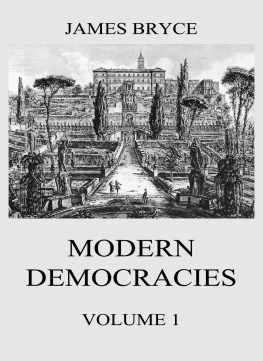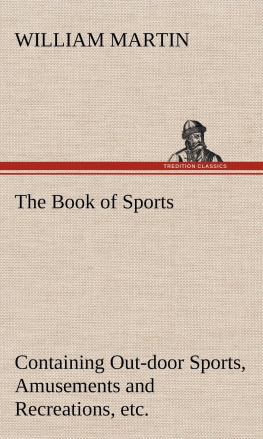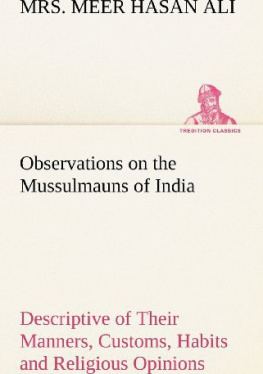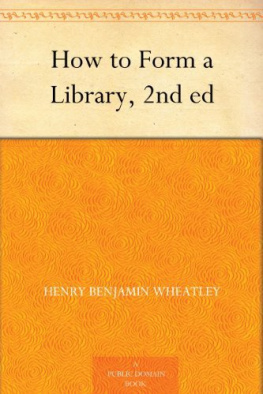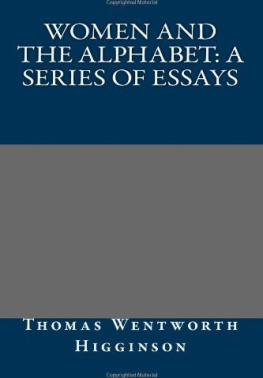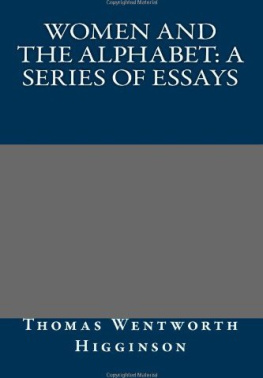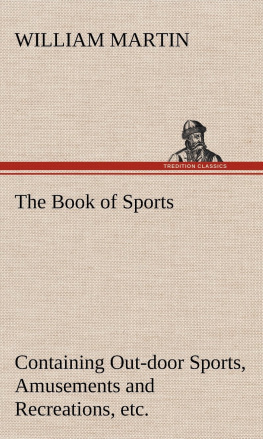Transcribed from the 1919 The Century Co. edition by David Price, email ccx074@pglaf.org
WILLIAM
EWART
GLADSTONE
HIS CHARACTERISTICS
AS MAN AND STATEMAN
BY
JAMES BRYCE
AUTHOR OF THE AMERICAN COMMONWEALTH,
TRANSCAUCASIA AND ARARAT, THE
HOLY ROMAN EMPIRE, IMPRES-
SIONS OF SOUTH AFRICA.
NEW YORK
THE CENTURY CO.
1919
Copyright, 1898, by
The Evening Post Publishing Company.
Copyright 1898, by
The Century Co .
CONTENTS
PAGE |
I. | Introduction |
II. | Early Influences |
III. | Parliamentarian |
IV. | Orator |
V. | Originality and Independence |
VI. | Social Qualities |
VII. | Authorship |
VIII. | Religious Character |
I
INTRODUCTION
No man has lived in our times of whom it is so hard to speak in a concise and summary fashion as Mr. Gladstone. For forty years he was so closely associated with the public affairs of his country that the record of his parliamentary life comes near to being an outline of English politics. His activity spread itself out over many fields. He was the author of several learned and thoughtful books, and of a multitude of articles upon all sorts of subjects. He showed himself as eagerly interested in matters of classical scholarship and Christian doctrine and ecclesiastical history as in questions of national finance and foreign policy. No account of him could be complete without reviewing his actions and estimating the results of his work in all these directions. But the difficulty of describing and judging him goes deeper. His was a singularly complex nature, a character hard to unravel. His individuality was extremely strong; all that he said or did bore its impress. Yet it was an individuality so far from being self-consistent as sometimes to seem a bundle of opposite qualities capriciously united in a single person. He might with equal truth be called, and he has been in fact called, a conservative and a revolutionary. He was dangerously impulsive, and had frequently to suffer from his impulsiveness; yet he was also not merely wary and cautious, but so astute as to have been accused of craft and dissimulation. So great was his respect for authority and tradition that he clung to views regarding the unity of Homer and the historical claims of Christian sacerdotalism which the majority of competent specialists have now rejected. So bold was he in practical matters that he transformed the British constitution, changed the course of English policy in the Orient, destroyed an established church in one part of the United Kingdom, and committed himself to the destruction of two established churches in two other parts. He came near to being a Roman Catholic in his religious opinions, yet was for twenty years the darling leader of the English Protestant Nonconformists and the Scotch Presbyterians. No one who knew him intimately doubted his conscientious sincerity and earnestness, yet four fifths of the English upper classes were in his later years wont to regard him as a self-interested schemer who would sacrifice his country to his lust for power. Though he loved general principles, and often soared out of the sight of his audience when discussing them, he generally ended by deciding upon points of detail the question at issue. He was at different times of his life the defender and the assailant of the same institutions, yet he scarcely seemed inconsistent in doing opposite things, because his method and his arguments preserved the same type and color throughout. Any one who had at the beginning of his career discerned in him the capacity for such strange diversities and contradictions would probably have predicted that they must wreck it by making his purposes weak and his course erratic. Such a prediction would have proved true of any one with less firmness of will and less intensity of temper. It was the persistent heat and vehemence of his character, the sustained passion which he threw into the pursuit of the object on which he was for the moment bent, that fused these dissimilar qualities and made them appear to contribute to and to increase the total force which he exerted.
II
EARLY INFLUENCES
The circumstances of Mr. Gladstones political career help to explain, or, at any rate, will furnish occasion for the attempt to explain, this complexity and variety of character. But before we come to his manhood it is convenient to advert to three conditions whose influence on him has been profound: the first his Scottish blood, the second his Oxford education, the third his apprenticeship to public life under Sir Robert Peel.
Theories of character based on race differences are dangerous, because they are so easy to form and so hard to test. Still, no one denies that there are qualities and tendencies generally found in the minds of men of certain stocks, just as there are peculiarities in their faces or in their speech. Mr. Gladstone was born and brought up in Liverpool, and always retained a touch of Lancashire accent. But, as he was fond of saying, every drop of blood in his veins was Scotch. His father was a Lowland Scot from the neighborhood of Biggar, in the Upper Ward of Lanarkshire, where the old yeomans dwelling of Gledstanesthe kites rockmay still be seen. His mother was of Highland extraction, by name Robertson, from Dingwall, in Ross-shire. Thus he was not only a Scot, but a Scot with a strong infusion of the Celtic element, the element whence the Scotch derive most of what distinguishes them from the English. The Scot is more excitable, more easily brought to a glow of passion, more apt to be eagerly absorbed in one thing at a time. He is also more fond of abstract intellectual effort. It is not merely that the taste for metaphysical theology is commoner in Scotland than in England, but that the Scotch have a stronger relish for general principles. They like to set out by ascertaining and defining such principles, and then to pursue a series of logical deductions from them. They are, therefore, somewhat bolder reasoners than the English, less content to remain in the region of concrete facts, more eager to hasten on to the process of working out a body of speculative doctrines. The Englishman is apt to plume himself on being right in spite of logic; the Scotchman delights to think that it is through logic he has reached his conclusions, and that he can by logic defend them. These are qualities which Mr. Gladstone drew from his Scottish blood. He had a keen enjoyment of the processes of dialectic. He loved to get hold of an abstract principle and to derive all sorts of conclusions from it. He was wont to begin the discussion of a question by laying down two or three sweeping propositions covering the subject as a whole, and would then proceed to draw from these others which he could apply to the particular matter in hand. His well-stored memory and boundless ingenuity made this finding of such general propositions so easy a task that a method in itself agreeable sometimes appeared to be carried to excess. He frequently arrived at conclusions which the judgment of the sober auditor did not approve, because, although they seemed to have been legitimately deduced from the general principles just enunciated, they were somehow at variance with the plain teaching of the facts. At such moments one felt that the man who was charming but perplexing Englishmen by his subtlety and ingenuity was not himself an Englishman in mental quality, but had the love for abstractions and refinements and dialectical analysis which characterizes the Scotch intellect. He had also a large measure of that warmth and vehemence, called in the sixteenth century the


